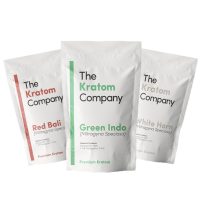Home » Interpreting Kratom Lab Testing Results
Interpreting Kratom Lab Testing Results
- Anthony Dent, Founding Member
- No Comments
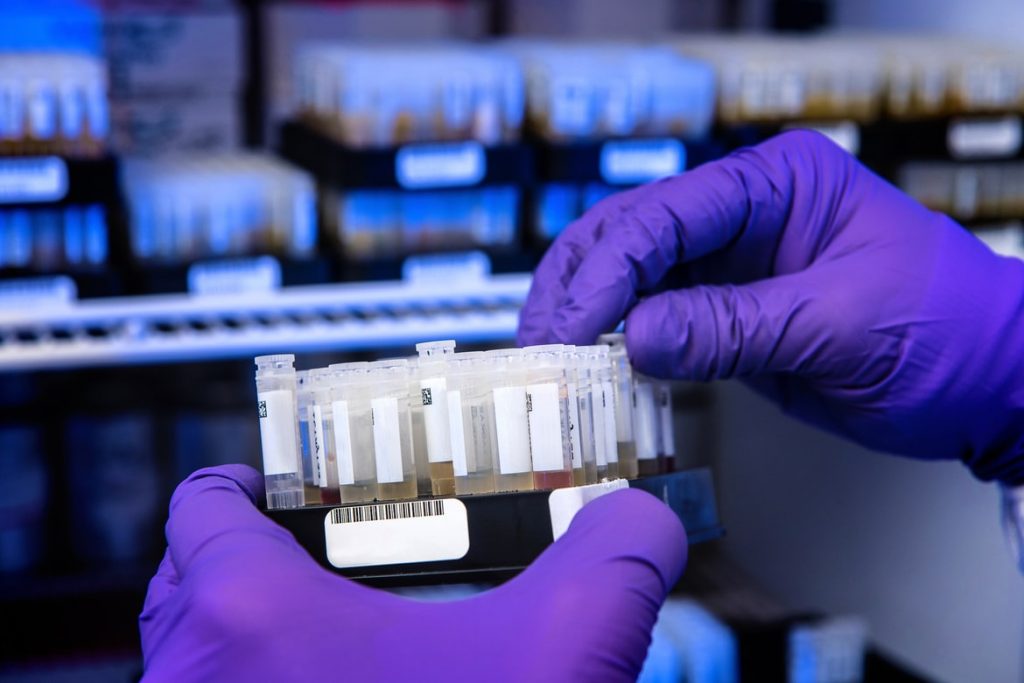
It’s no secret that kratom has been getting a lot of attention lately. A growing number of people in the U.S. are buying kratom to soothe a worried mind, ease day-to-day discomfort, and support their overall wellness. For most kratom beginners, the question of how to determine whether or not a kratom product is high-quality is a genuine concern. That’s where kratom lab testing results come in. So, what does lab testing have to do with buying kratom?
This article will answer this question and help you interpret the results of tested kratom for yourself, so you can make sure your kratom is safe and healthy. So let’s get started.
What is Kratom Lab Testing?
In kratom circles, kratom lab testing is a subject that comes up quite often. In fact, hardly a day goes by without at least one kratom user asking about kratom quality and kratom research. Many kratom users also ask whether or not buying kratom from their favorite but not-so reputable vendor would be worth the risk if their kratom products aren’t lab tested. If kratom quality is crucial to you, then kratom lab tests should be something you should consider.
So, what is kratom product lab testing? This is the analysis of kratom powder, capsules, and extracts to check for the presence of heavy metals and pathogens as well as checking the concentration of specific alkaloids to determine kratom strain purity and potency.
Why Kratom Companies Test Their Kratom
People always want to know why kratom lab testing is done. This is because kratom vendors and suppliers want to ensure:
- Kratom products are safe for customers to use and don’t contain any harmful contaminants, chemicals, or impurities that may cause adverse reactions to users.
- Kratom has the correct alkaloid profile, strength, and consistency. This ensures customers get the best kratom products possible.
- Kratom quality and consistency across batches so that kratom users can look forward to the same effects or purported benefits each time they use kratom.
How to Interpret Kratom Lab Results
To help you interpret kratom lab testing results with ease, we’re going to share the acceptable threshold of the three main testing elements in kratom products: heavy metals, pathogens, and alkaloids.
Heavy Metals
When checking for heavy metals presence, ensure the numbers meet these requirements:
- Lead (Pb) — below 1.2 PPM (parts per million)
- Cadmium (Cd) — below 0.85 PPM
- Arsenic (As) — below 2 PPM
- Mercury (Hg) — below 0.41 PPM
Pathogens
When checking for presence, ensure these minimum limits:
- Coliforms — less than 10,000 CFUs per gram (CFUs is colony forming units)
- Mold — less than 100,000 CFUs per gram
- Salmonella — shouldn’t be detected in 25 grams
- E. coli — shouldn’t be detected in 10 grams
- Yeast — less than 100,000 CFUs per gram
- Staphylococcus aureus — shouldn’t be detected in 10 grams
Alkaloids
When checking for alkaloid content, you’ll want to focus on the two most potent alkaloids. Requirements often vary from state to state.
- Mitragynine – the limit set is 0.25 or less than 2%
- 7-Hydroxymitragynine – the limit set is 0.000 – 0.100 or less than 2%
Read and Understand Kratom Lab Testing Results
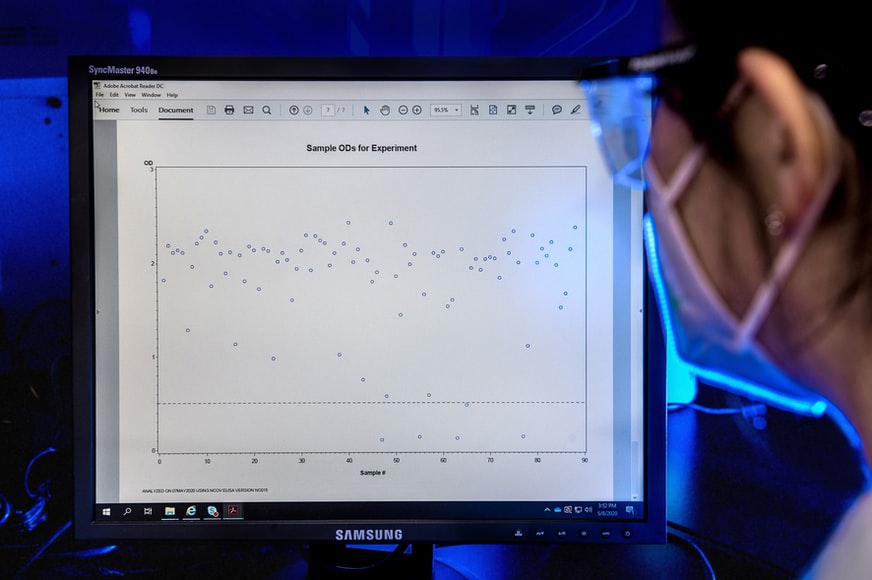
Now that you know the minimum threshold for kratom lab tests, you should also know how to read and understand these results with ease so you can safely buy and use tested kratom.
Here’s what you should do:
- Ensure that lab tests are done by a third-party, accredited laboratory rather than the vendor. This will ensure kratom product authenticity and credibility.
- Verify that the strain of kratom in the product is correct, laboratory tested, and has a lot number on the package. Anything that appears to be generic should be avoided since it might indicate untested strains.
- Check the dates of the kratom lab test results to ensure you’re purchasing recently tested products. If you’re not sure about the dates, contact the vendor to check.
- Check the alkaloid content, evaluate the test results for pathogens, and see whether any heavy metals are present. Scrutinize the figures to verify that everything is within acceptable parameters.
Learn More About Kratom
Kratom lab testing is all about checking for kratom quality, purity, and authenticity and ensuring that customers get only safe kratom products. The Kratom Company brings you premium-quality kratom that is lab-tested and verified. Learn more about kratom lab tests from our knowledgeable industry pros.
Featured Products
-
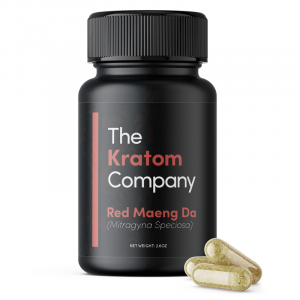 From $24.00Select options This product has multiple variants. The options may be chosen on the product page
From $24.00Select options This product has multiple variants. The options may be chosen on the product page -
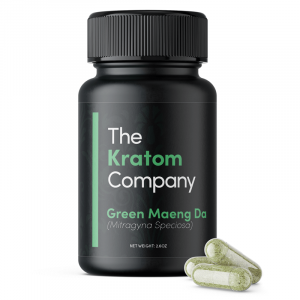 From $24.00Select options This product has multiple variants. The options may be chosen on the product page
From $24.00Select options This product has multiple variants. The options may be chosen on the product page -
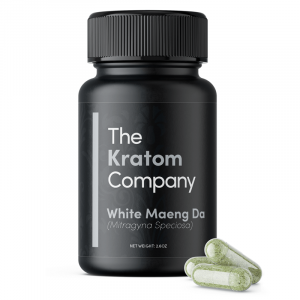 From $24.00Select options This product has multiple variants. The options may be chosen on the product page
From $24.00Select options This product has multiple variants. The options may be chosen on the product page
Explore More Posts
Product Search
Featured Products
-
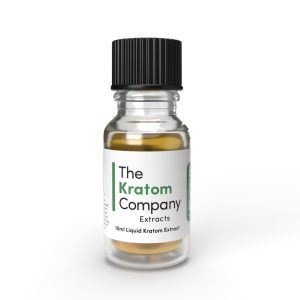 Pure Kratom Liquid Extract
Rated 4.72 out of 5From $20.00
Pure Kratom Liquid Extract
Rated 4.72 out of 5From $20.00 -
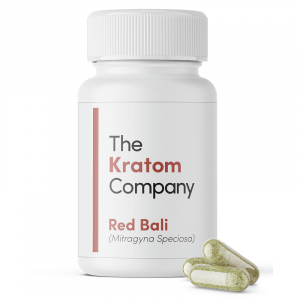 Red Vein Bali Kratom Capsules
Rated 4.70 out of 5From $24.00
Red Vein Bali Kratom Capsules
Rated 4.70 out of 5From $24.00 -
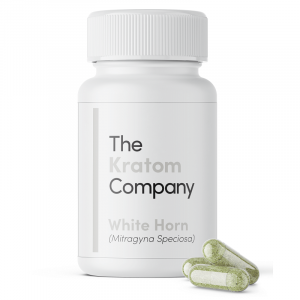 White Horn Kratom Capsules
Rated 4.88 out of 5From $24.00
White Horn Kratom Capsules
Rated 4.88 out of 5From $24.00
Follow Us
Strains
Blogs
NEWSLETTER
Sign up for our newsletter!

These statements and products presented on this website have not been evaluated by the Food and Drug Administration FDA. The products mentioned on this website are not intended to diagnose, prevent, treat or cure any diseases or health conditions. Therefore any information on this website is presented solely as the opinions of their respective authors who do not claim in any way shape or form to be medical professionals providing medical advice. The KRTM Company and its owners or employees cannot be held responsible for, and will not be liable for the inaccuracy or application of any information whatsoever herein provided. By purchasing our products you agree that you are aware and in compliance with your local county, state, or federal regulations. Must be 21 years or older to purchase Kratom. The US FDA has not approved kratom as a dietary supplement. We do not ship to the following states, cities and counties in the US where Kratom is banned: Alabama, Arkansas, Indiana, Rhode Island, Vermont, Wisconsin, Sarasota County, FL, Union County, MS, Denver, CO, San Diego, CA, and Jerseyville, IL.

